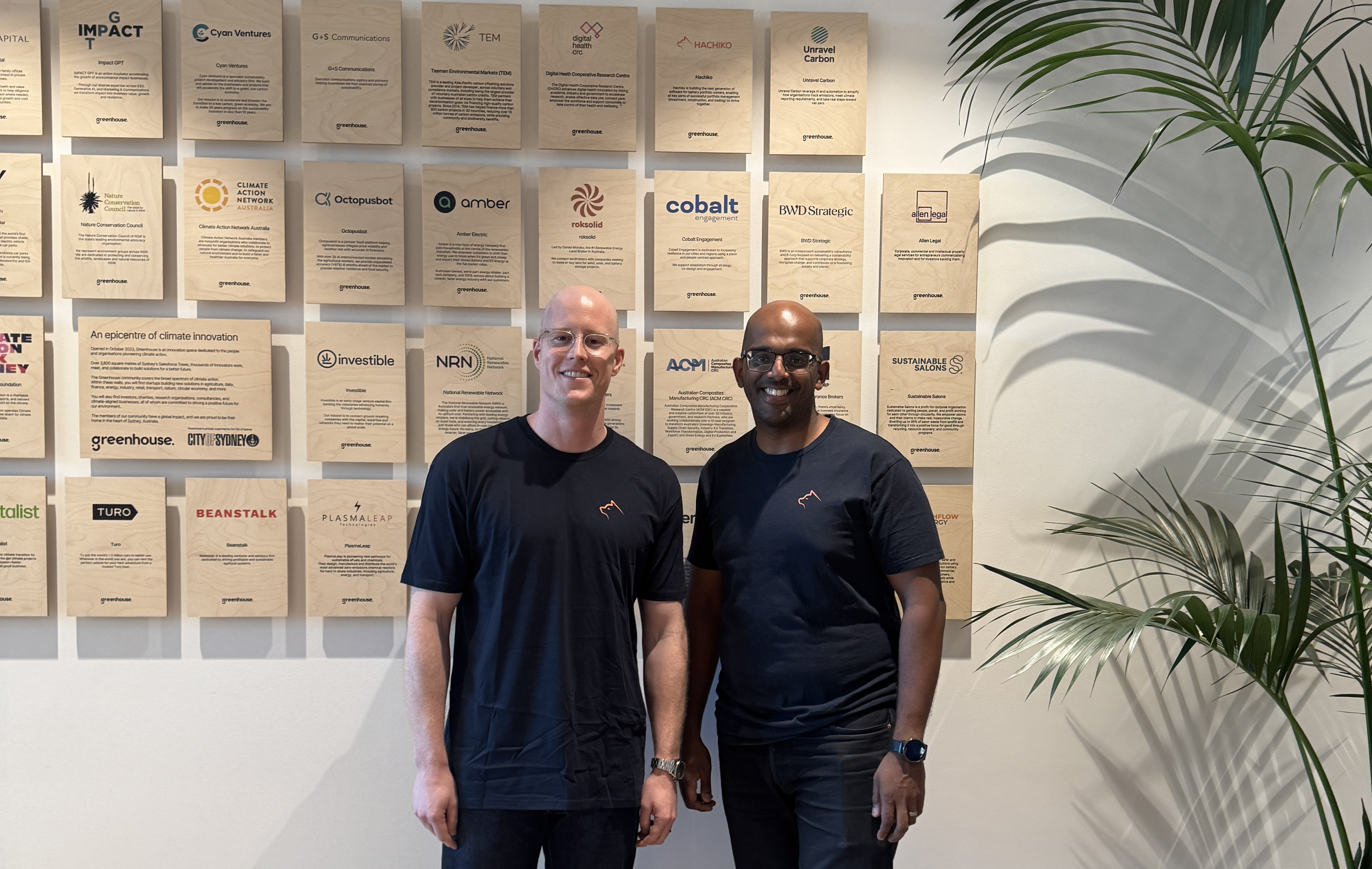What Startups and Corporates Should Know About Working with Each Other
By
Investible
December 4, 2018
.png)
The pressure on corporates to optimise their current operations while simultaneously building their business for tomorrow is being felt more than ever.
Disruption is occurring everywhere and the rate and impact of emerging technologies is phenomenal, so massive in fact that even understanding and predicting what their business needs to look like for the future is a challenge beyond most if not all. One thing they do understand is that they need to be more agile to respond to a rapidly changing future – not an insignificant challenge given the speed and commitment required to change culture is second only to changing nature.
Corporates also understand that innovation and seeding new businesses or business models needs to be done outside of the day to day to have any chance of survival and scaling to a position where it can hold its own with the rest of the business. It is also recognised that this experimentation and innovation cannot and will not occur without failures. Therefore their culture has to allow (if not encourage) failure.
Innovation for corporates generally covers:
- Improving existing products or business models
- Doing a process they are already doing but better or more efficiently
- Doing new things that make the old obsolete
In pursuit this innovation they often embark on a transformation project sponsored from the top that:
- Starts with stopping doing things that they shouldn’t be (high effort for low return, end of life etc.)
- Brings in new capabilities (talent, tech and diversity)
- Digitises the customer engagement layer and in fact the whole customer experience
- Improves Productivity
- Removes friction from the customer experience
- Makes sure projects are transformative and not just cool, Finds great new talent.
- Seeds separate digital businesses and then scales them
The internal transformation team often experience challenges as they are shackled with existing internal processes, structures, technology and decision-making that are onerous and slow to navigate. In many cases existing people, processes, infrastructure and technology investments can be massive barriers to innovation and experimentation.
Thinking within the organisation can be closed due to threats to the status quo, a lack of diversity and fear of failure. Innovation often requires large amounts of capital to be spent on projects that will more often than not fail. This can be difficult to arrange due to internal budgets, shareholder expectations and business case processes. Corporates have realised that entrepreneurs and entrepreneurial thinking are a valuable source of disruptive thinking. So they are turning to the entrepreneurial ecosystem as the ultimate source of innovative thinking. There is also a growing realisation that there are many potential cost effective engagement models that provide fantastic access to the lean / agile thinking that is absent from their internal teams.
Corporates are going to be disrupted are embracing it by backing both sides – their internal business teams and external innovators. There are many engagement models available so corporates are working out how best to work with startups to identify talent and businesses that could innovate or disrupt their businesses?
Many corporates are actively supporting the startup ecosystem via:
- Sponsoring startup hubs
- Corporates accelerator programs
- Partnering with startups for pilots and proof of concepts
- Appointing Entrepreneurs in residence
- Investing in early stage companies
- Acquiring businesses for the talent within
So how will corporates decide which startups are “Enterprise Ready”?
Enterprise ready startups will need to be viable and sustainable businesses – the high rate of failure is a potential risk.
In this respect there is a strong correlation in what investors also look for in a startup:
- A strong and passionate founder team
- A strong business and financial model with sound assumptions
- Validation and traction to show a level of product / market fit etc.
Corporates need to also carefully consider any potential risk to their brand and customers. They may require a higher level of process and compliance which can sometimes be lacking in the startup world. Conversely, startup founders are working out the relative risks and rewards of working with corporates under these various engagement models.
On the plus side, corporates are an exciting potential source of capital, revenue and scale via their large customer bases. Corporate brand involvement can offer a certain amount of validation and prestige to the start-up. I think, however, the most important question for the startup is are their objectives and the corporate objectives aligned?
Where can a lack of alignment cause pain?
- Timeframes: Corporates are typically slower in terms of decision making and a sense of urgency
- Culture: Corporate culture is historically very different to a startup. More hierarchical, more risk averse etc.
- IP and Talent: Can you as a startup adequately protect these assets?
- Speed and Agility: Will the corporate’s policies; processes or current legacy technology systems hinder the speed and agility of your startup?
- Readiness to Scale: What will be the financial, technical and cultural impact on your business and existing investors?
- Partnering: Most relationships with the corporation are based on an individual sponsor within the organisation that will champion, represent and promote you within the organisation. So you need to consider who you are tying your wagon to, and what their objectives are, their longevity and their power base within the organisation. Also you need to spread your contact base and influence to multiple layers in the business.
It is important as an early stage company to charge for proof of concepts or pilots, if corporates they have to pay for it is likely they will value it more, be more committed to its success and they will appreciate that you are running a sustainable business.
It is a learning process for startups and corporates to figure out how to maximise the opportunity for both parties. In terms of corporate investment, taking corporate investment too early could like going on The Voice – there are only a few winners and it might be a faster way to scale and progress but be aware of the things you may be giving up, like equity and control. These may be the precise reason you chose to be an entrepreneur.
However, bringing a corporate in as a strategic investor at the right time and under the right terms in a later round (say Series A or B) could be extremely beneficial to both parties if your objectives are aligned. If you are aware of and manage the dangers and your objectives are aligned, it could be a great thing for your business.
Always remember that, as a startup, you have something corporates really need and you are usually taking more risk than them – so make sure that’s appropriately reflected in the commercials of your arrangement.





